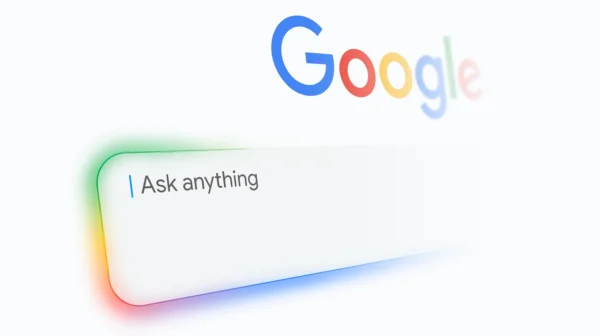Should influencer marketing be part of your digital PR strategy?
The short answer is yes, it absolutely should. But the question isn’t really ‘should’ influencer marketing be part of your Digital PR strategy but more ‘why’ it should be and how is it going to benefit your brand and marketing strategy.
Influencer marketing is becoming an all-encompassing strategy for both B2C and B2B clients. Predominantly an approach used by brands in the B2C space, B2B businesses are now cottoning on to its effectiveness, collaborating with entrepreneurs, marketers, and sales experts who run successful social media accounts whilst balancing their main jobs. These influencers are helping these brands reach new audiences, build authority in their industry and generate quality leads, by putting people at the heart of their strategy making it a more universal approach for all businesses. The Drum last year reported that more influencers will emerge this year in brand new niches. Whereas before the demand for experts in particular niches was there but the supply lacked, the industry is now citing a seismic shift for specialist content creators, covering topics from astrology, wellness, gardening and LGBTQ+ communities.The opportunity for brands to connect with voices in their industry who are well-established and trusted has never been greater, but with more influencers emerging and accessibility more far-reaching for brands, why should influencer marketing be part of your digital PR strategy?
Why should influencers be part of your digital PR strategy?
Improved E-E-A-T signals
Influencer marketing can positively impact Google’s E-E-A-T (Experience, Expertise, Authoritativeness and Trustworthiness) signals, if the collaboration is executed strategically with SEO in mind.
Influencer marketing is more popular across social media platforms, where they congregate their audience and followers, however, outlining a clear strategy for the collaboration, before you get started, can help you more accurately report the reach and benefits of the partnership on SEO.
For example, during your initial communications with influencers, be sure to agree that all content links back to your website so that you can review direct traffic. While social media platforms do not directly influence a brand’s search engine rankings, they can impact factors that do like brand awareness, traffic to your website and backlinks, indirectly influencing how a brand appears in search results.
Part of Google’s E-E-A-T framework is ‘Trustworthiness’. Collaborations with influencers will signal to Google that your brand is credible and reliable, giving you a seal of approval that will resonate with your target audience and drive greater engagement. 69% of consumers trust the product recommendations they get from influencers.
Content for journalist outreach
Once an influencer has shared their content across their social media channels and has had time to engage their followers, a secondary purpose of their content to maximise reach can be media outreach.
Often, influencers will provide a unique perspective on trending topics, cite interesting data points and demonstrate acute audience listening skills which are all relevant to journalists writing stories that will appeal to their readership. The key for brands is identifying the newsworthy hooks and compelling angles that can be planned in parts for continued outreach as part of your ongoing Digital PR strategy. More and more journalists are publishing stories with headlines such as: ‘influencer shares ‘hacks’, ‘rules’, ‘tips’, ‘experience’ and ‘advice’. This strategy will enable brand momentum and continue increasing brand visibility across multiple channels. Also, according to Muck Rack’s State of Journalism Report 2024, journalists are still facing challenges due to a lack of trust in journalism and the media as a whole. Recommending advice from content creators that readers resonate and familiarise themselves with could establish more trust back in the media and serve as a popular format that will have a higher chance of press pick-up.
Increased opportunity for building authoritative backlinks
Not only do you have the option of influencers linking back to your website through their social media platforms and websites/blogs, if they have one, but, you can double backlink acquisition in several ways.
When influencers share your content on their platforms and include a link to your website, this will increase your visibility and encourage additional backlinks from their followers and other content creators.
Partnering with influencers to write guest posts for their blogs or inviting them to contribute to yours is an effective way to generate natural backlinks. Influencers often share their guest posts with their followers, which can attract even more backlinks. Utilising influencers for natural backlinks not only boosts your site’s authority but also drives more traffic and engagement from their audience.
Boosted leads and sales
Influencers can help increase sales — both directly as they share discount codes or through recommending your product, and indirectly as your brand awareness grows.
The important factor for brands to consider when using influencers to increase leads and sales is to ensure that influencers have the creative freedom to interpret and showcase the product how they feel is most effective for their audience. The most effective strategies for content creators to highlight is how they interact with the products, demo them and showcase the experience that will make their audience want to find out more.
The benefits of integrating influencer marketing as part of your wider digital PR strategy will pay dividends in brand perception and reach new audiences that are more likely to place purchases or enquire about your services.
Find out how we can support you with your influencer marketing activity or enquire today.



